The Karnataka Assembly on Tuesday passed the Karnataka Platform-based Gig Workers (Social Security and Welfare) Bill, aimed at extending social security and welfare benefits to nearly four lakh gig workers across the state. The legislation replaces an ordinance promulgated in May and seeks to create a structured framework for supporting workers engaged in ride-sharing, food and grocery delivery, logistics, e-marketplaces, healthcare, travel and hospitality, and content and media services.Labour Minister Santosh Lad, introducing the Bill, highlighted the growing importance of the gig workforce in the state’s economy. “The information we have is that there are four lakh gig workers in Karnataka. According to a report of Niti Aayog, the gig economy will have 23.5 million workers by 2029-30,” he said, noting that similar welfare laws have already been enacted in countries like Spain, Singapore, Korea, Indonesia and Malaysia.
The Bill proposes the establishment of a Karnataka Gig Workers Social Security and Welfare Fund, financed through a welfare fee of 1% to 5% on each transaction between the platform and the gig worker. “Cess will not be uniform. In the rules, we will specify the rate depending on the gig business,” Lad explained.A Gig Workers Welfare Board will also be set up to oversee the registration of workers and aggregators, establish monitoring mechanisms, and implement welfare schemes. “Special health cards will be provided to gig workers,” the minister added.
During the debate, opposition members raised concerns over the scope and inclusiveness of the legislation. Suresh Kumar (BJP) urged the government to include 3.8 lakh outsourced government employees under the Bill. Lad, however, ruled this out, saying, “We’re forming district-level cooperative societies comprising outsourced employees to safeguard their interests.”C K Ramamurthy (BJP) pressed for measures to ensure Kannadiga gig workers receive greater benefits. Meanwhile, Dheeraj Muniraju (BJP) asked if the government could cap maximum work hours for gig workers. In response, Lad said, “These are flexi hours. You can work as much as you want. You can even reject work.”The House also passed the Karnataka Souharda Sahakari (Amendment) Bill, which mandates Souharda cooperatives to set aside 20% of total deposits at the end of each quarter to maintain a Statutory Liquid Reserve,according to information.
(State Correspondent)
.jpg)
 Dr Mysi Patil
Dr Mysi Patil 


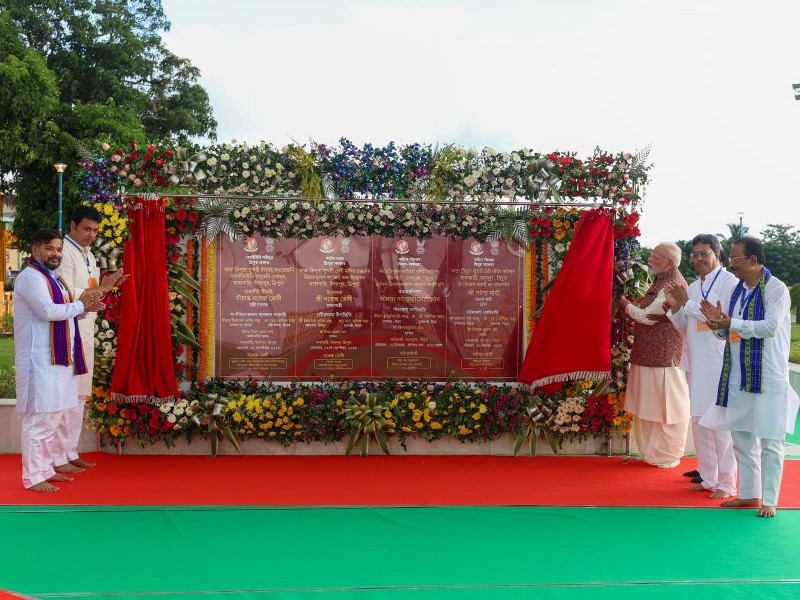
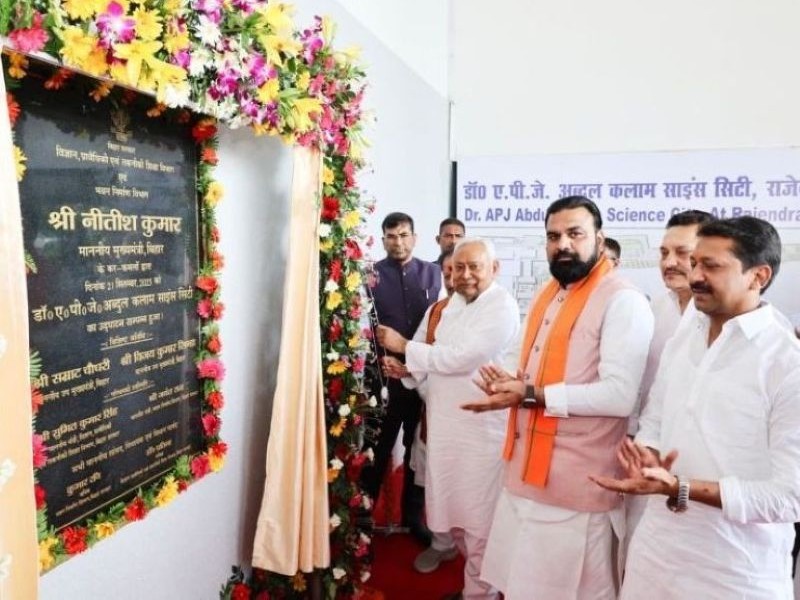
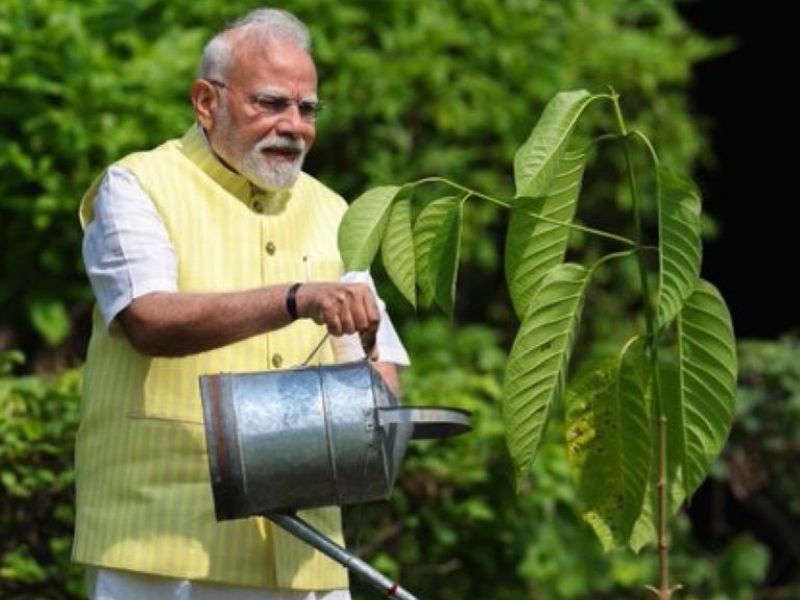








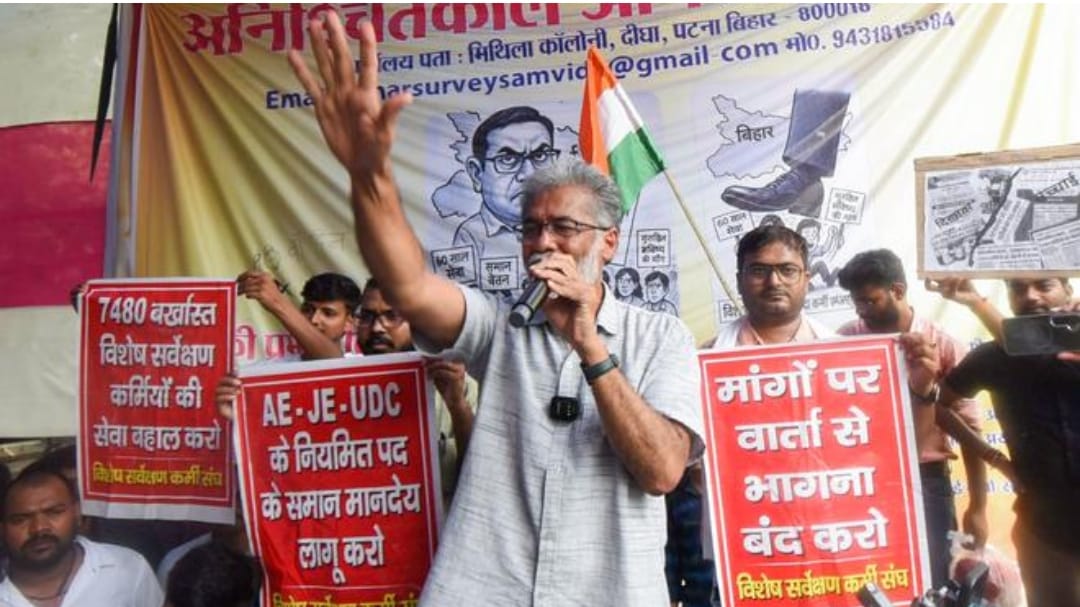

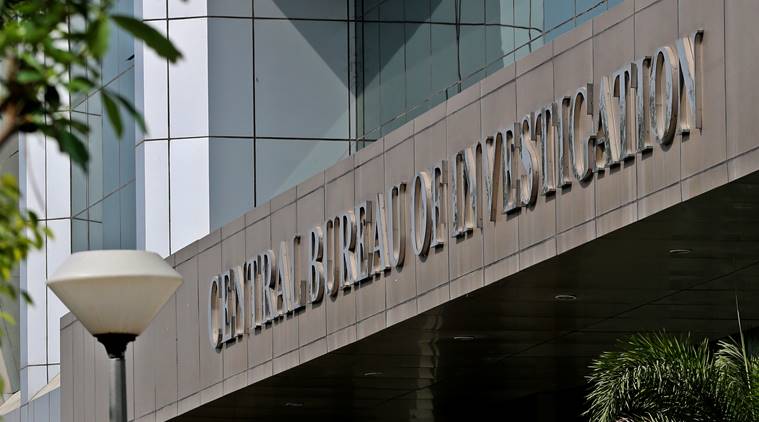

Related Items
India’s economy resilient, ready to withstand global shocks: Sitharaman
PM Modi highlights India’s triple Strength at World Food 2025
India launches Agni-Prime missile from rail-based mobile launcher